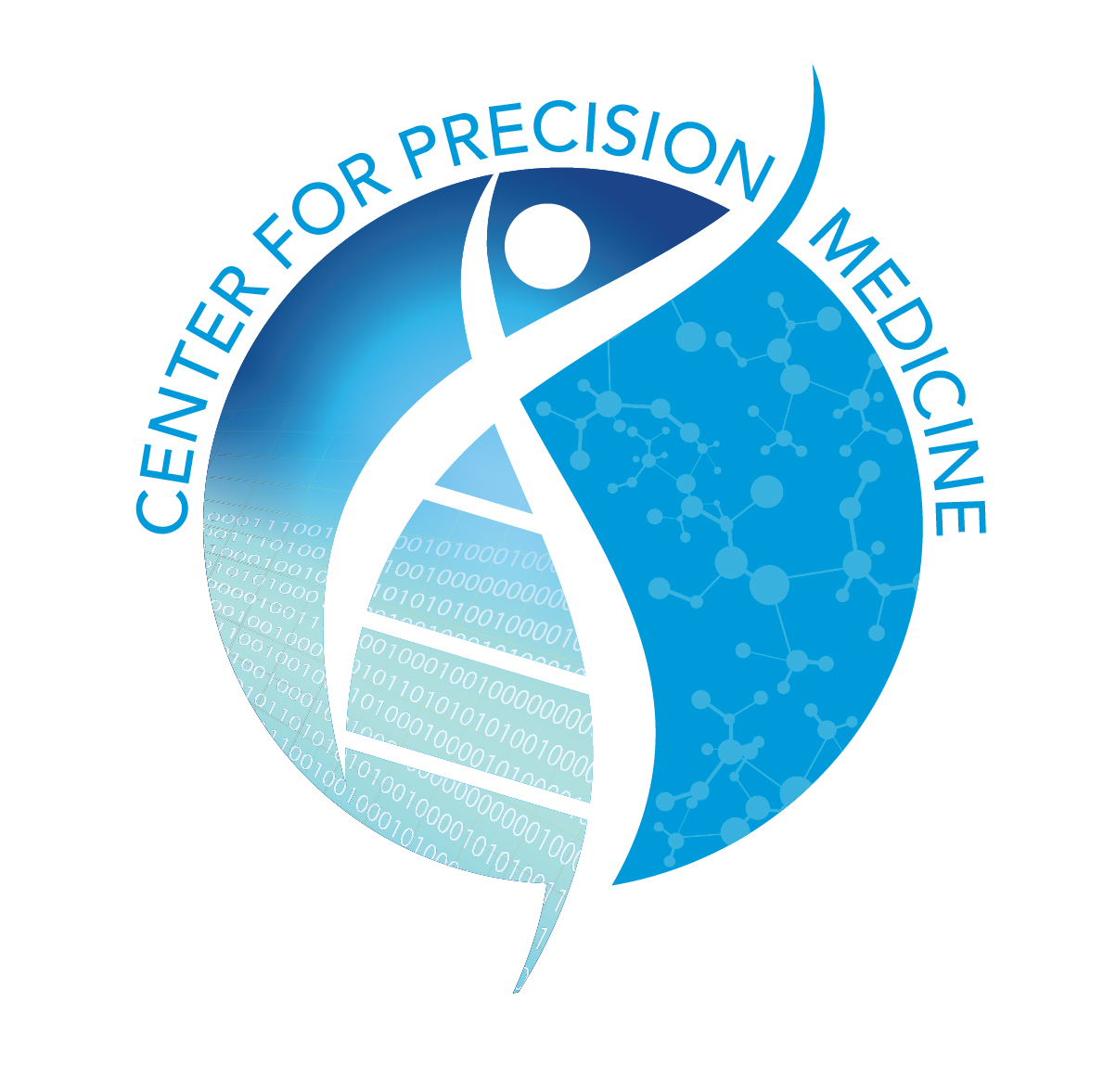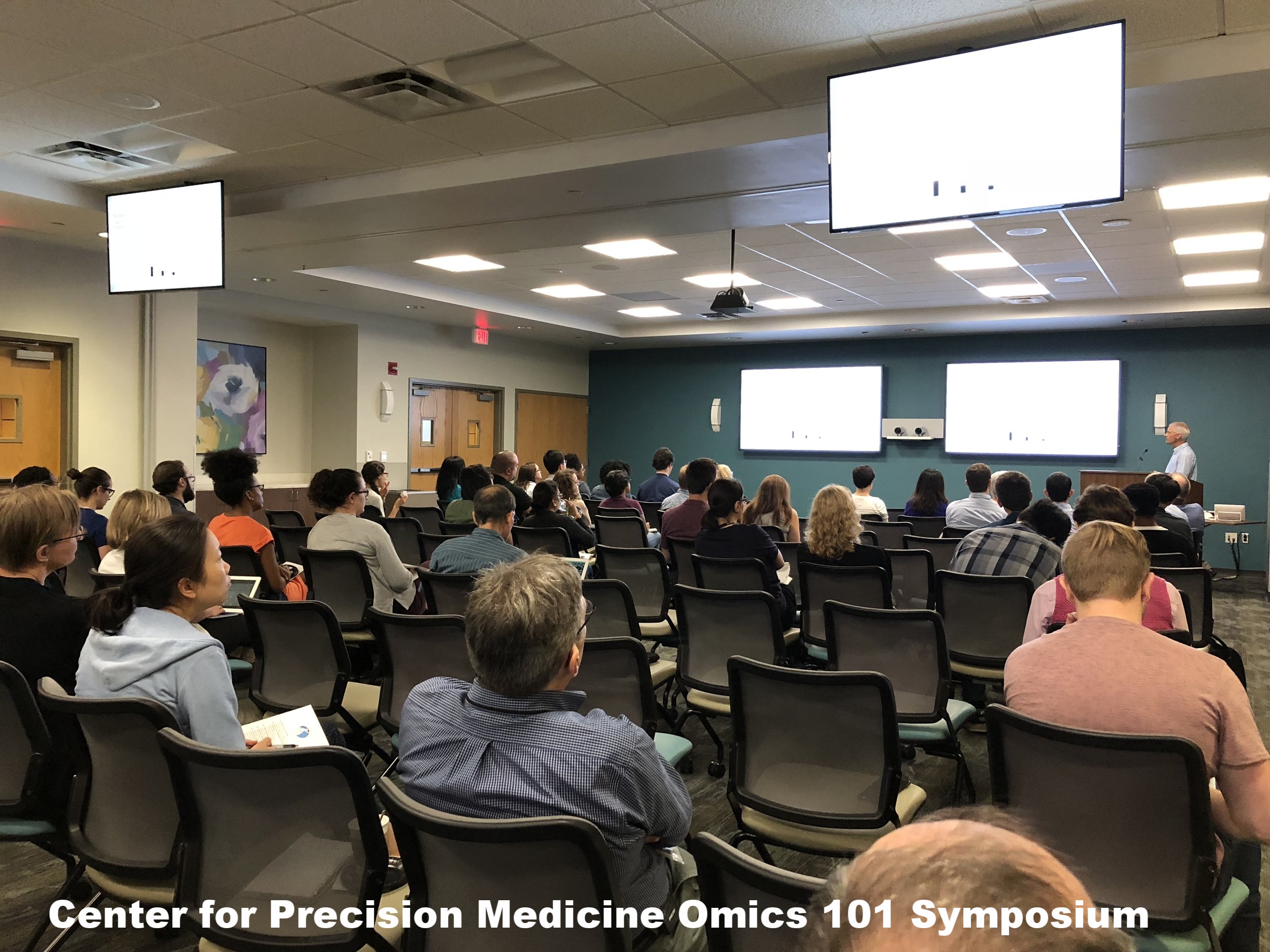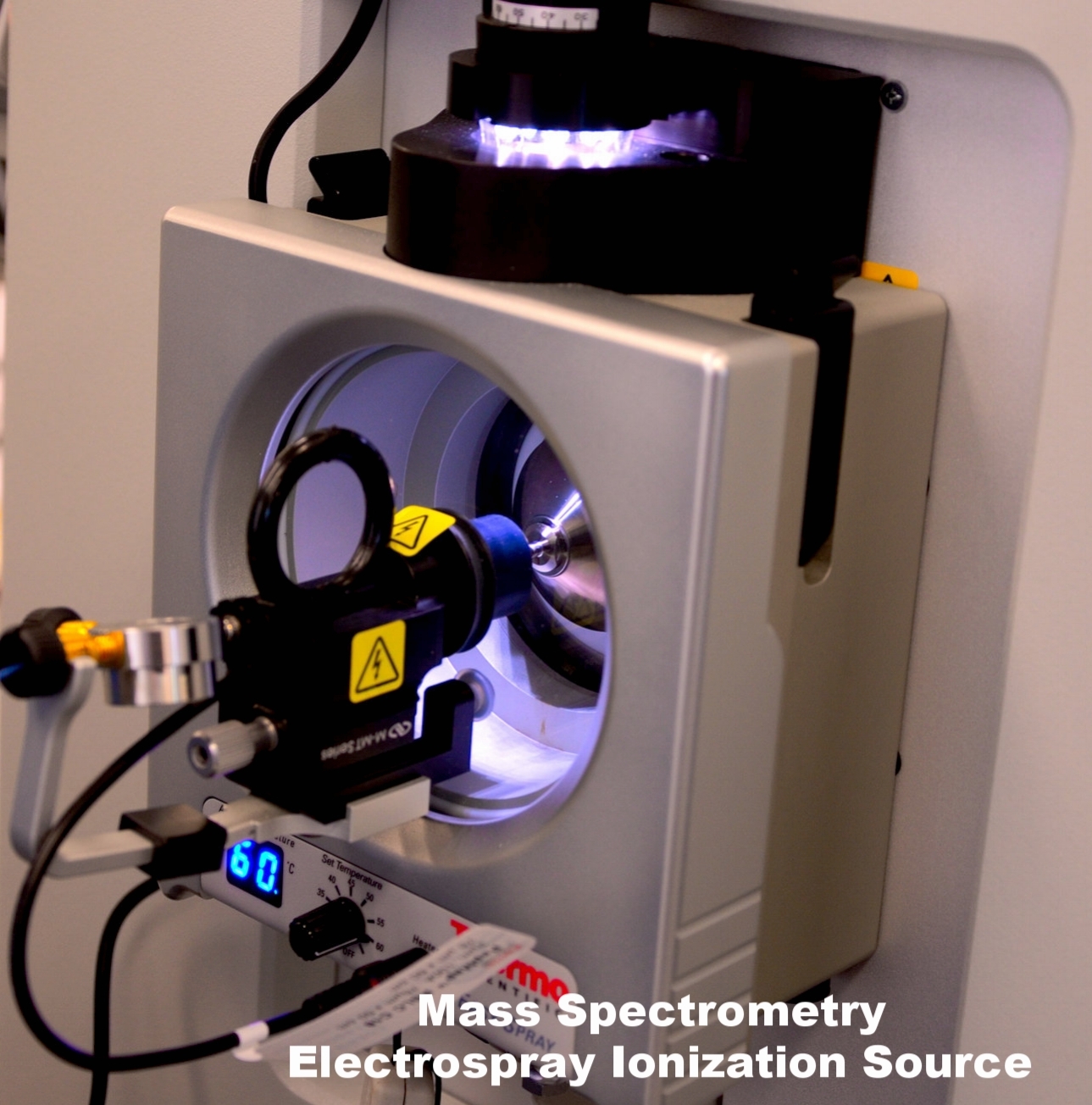Announcing the 2026 CPM Summer Research Internship
The Wake Forest School of Medicine Center for Precision Medicine is offering an 8-week Summer Research Internship which is open to undergraduates seeking an immersive laboratory research experience in Precision Medicine. Participants will be paired with a High School Intern to gain additional mentoring and teaching experience. Application Deadline: January 31, 2026 Program Dates: June 1 – July 24, 2026 Compensation: $5000 stipend for full-time participation FAQs for the 2026 CPM Summer Internship Program For more details, click here for the 2026 CPM Summer Research Internship Flyer
Center for Precision Medicine Recent Grant Awards
The Center for Precision Medicine joins $15 million NC COVID-19 surveillance program Congratulations to Dr. Kim Reeves and co-investigators Dr. Greg Hawkins and Dr. Laura Cox for receiving a $1.8 million grant from the North Carolina DHHS and the NC Policy Collaboracy as part of the North Carolina CORVASEQ (Coronavirus Variant Sequencing) Initiative. As part of the effort, Dr. Reeves will oversee the sequence analysis of SARS-CoV-2 isolates collected across the state of North Carolina to monitor the mergence and spread of virus variants in our state.For more information, please see [LINK]
Note from the Center Leadership:
The Center for Precision Medicine would like to thank all our members and collaborators for the Center’s success over the past 6 years. Your participation, involvement and enthusiasm have made all of this possible! As we enter 2024, we look forward to expanding our collaborations and interactions with all of you to further advance science and biomedical research here at Wake!
What is the Center for Precision Medicine about? Welcome to the Center for Precision Medicine at Wake Forest School of Medicine. The Center was launched in December 2017 to foster collaborative interdisciplinary research into the causes of common human disorders, such as heart disease, diabetes, obesity, and other aging-related morbidities. The Center promotes the use of state-of-the-art technologies in genomics, proteomics, metabolomics, and computational biology to explore the biological mechanisms underlying these disorders to improve diagnosis and treatment of patients.
In current clinical practice, we will usually diagnose most chronic diseases once they have already significantly impacted the overall health of a patient. As a result, treatments may slow disease progression and reduce the severity of disease-related health complications, but they do not reverse the impact of these diseases on our long-term health. The focus of our research efforts is to identify and understand the early molecular changes in our cells and organs that precede the development of clinical symptoms of these diseases. These molecular indicators of health status and health trajectory will help identify individuals at risk for health complications very early in disease progression and open the door for development of targeted, preventive treatments to correct the health trajectory early, allowing patients to live long healthy lives. Understanding these early molecular changes will also provide new opportunities to develop more targeted treatments with fewer side effects and higher efficacies to improve the lives of patients already affected by these diseases.
Upcoming Events:











